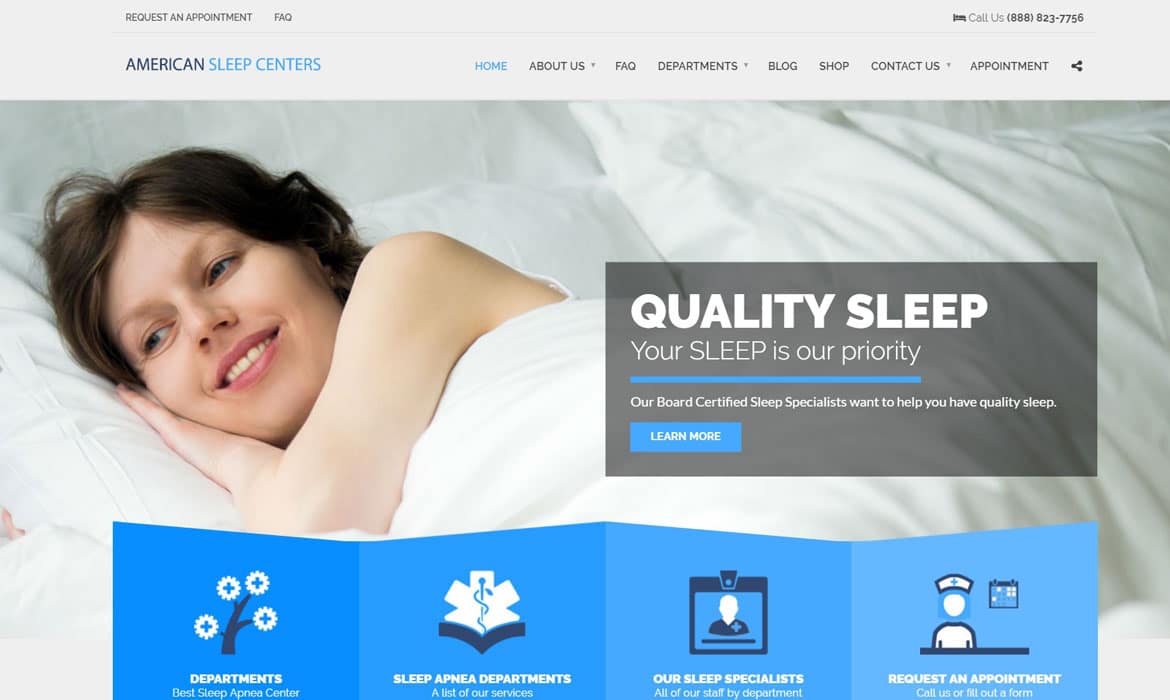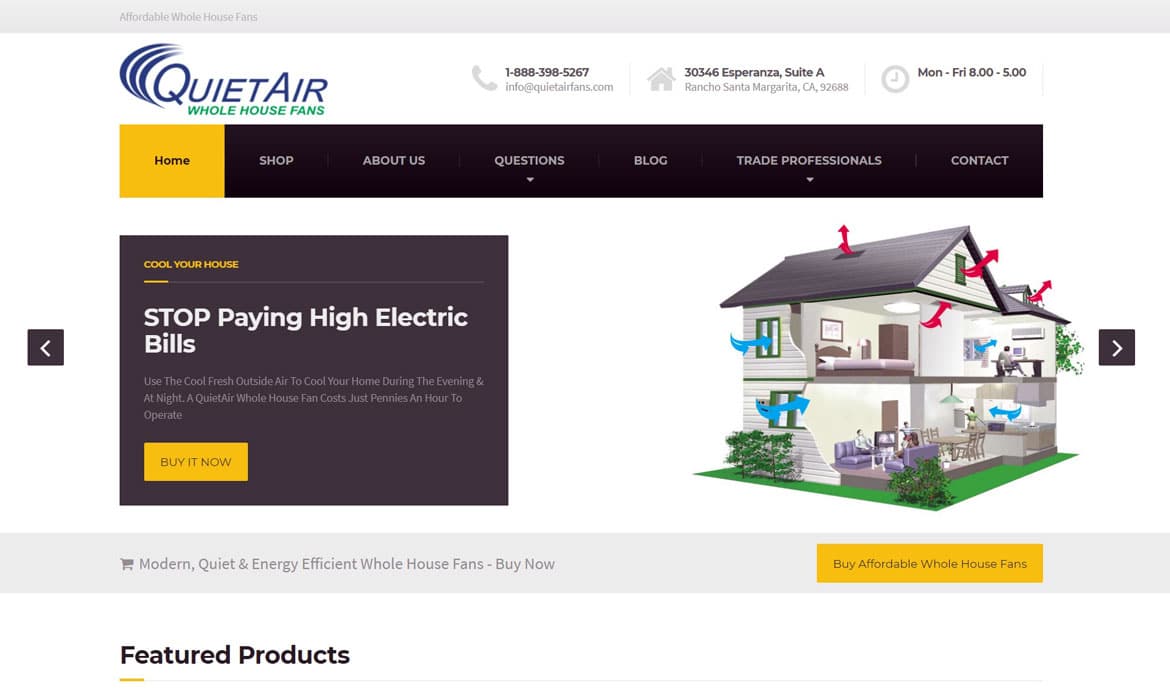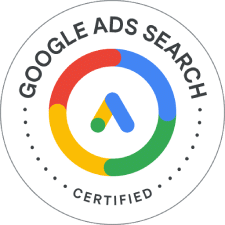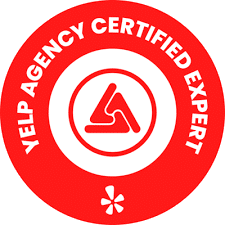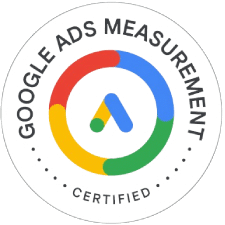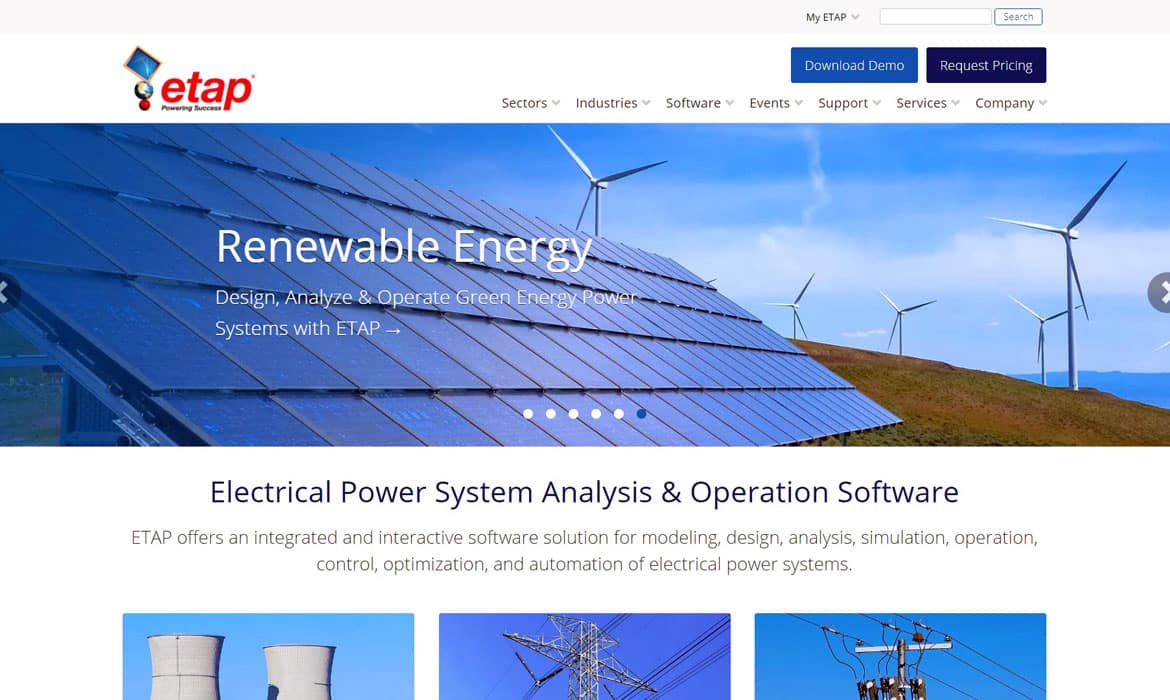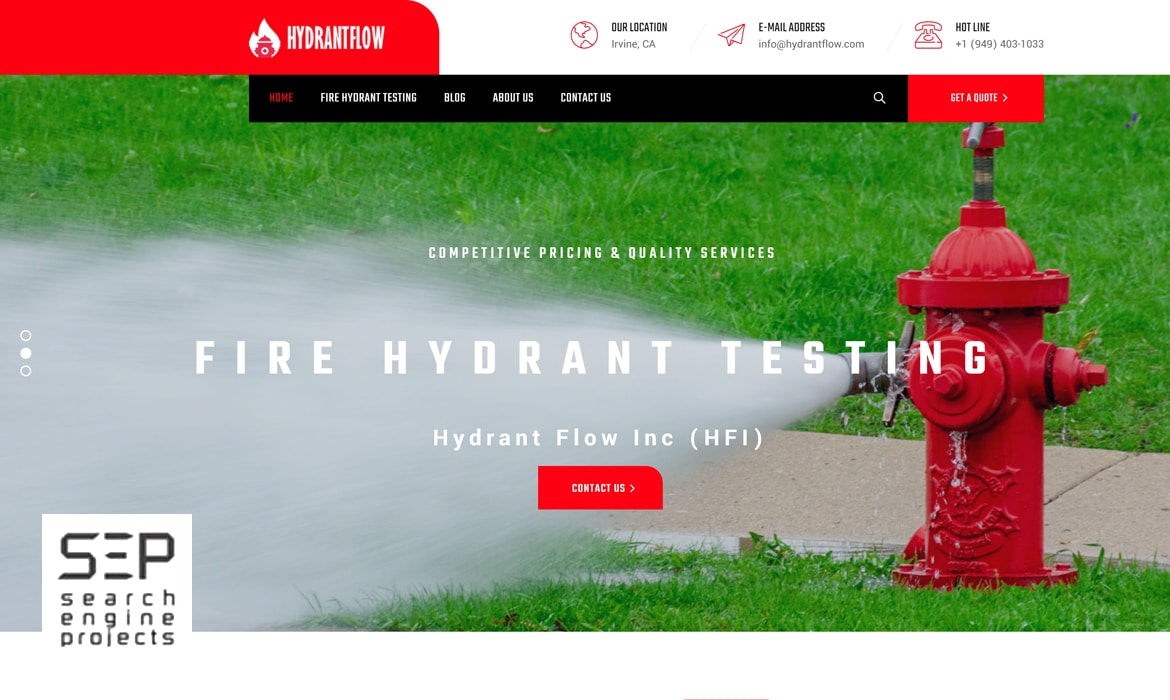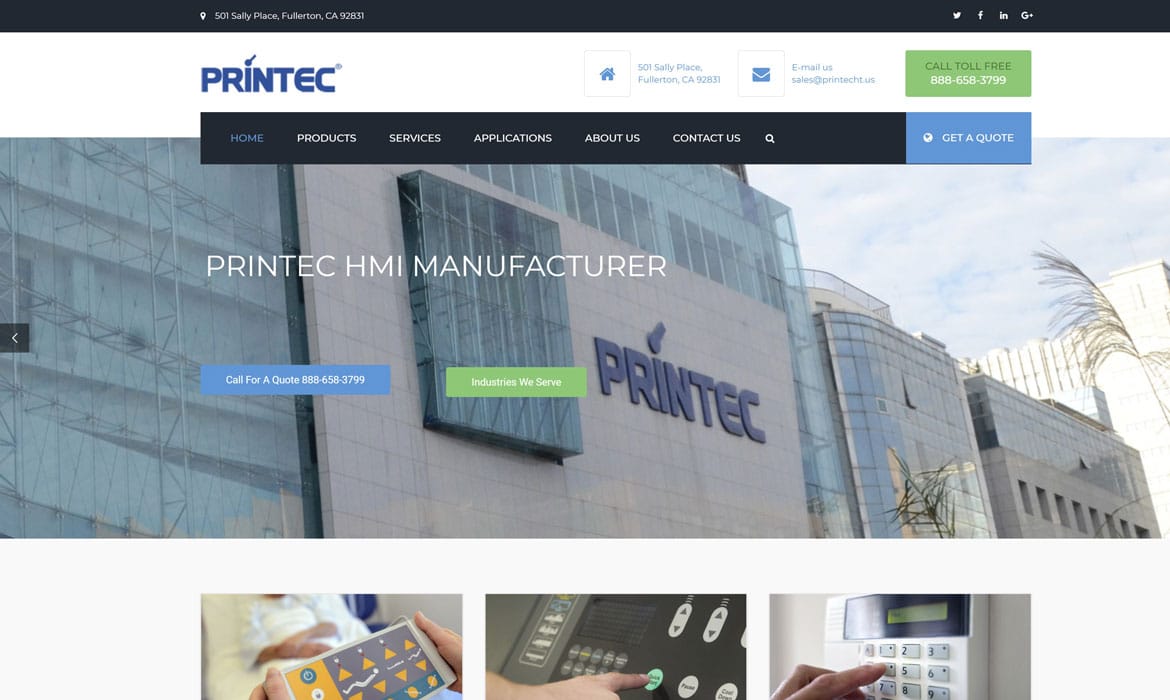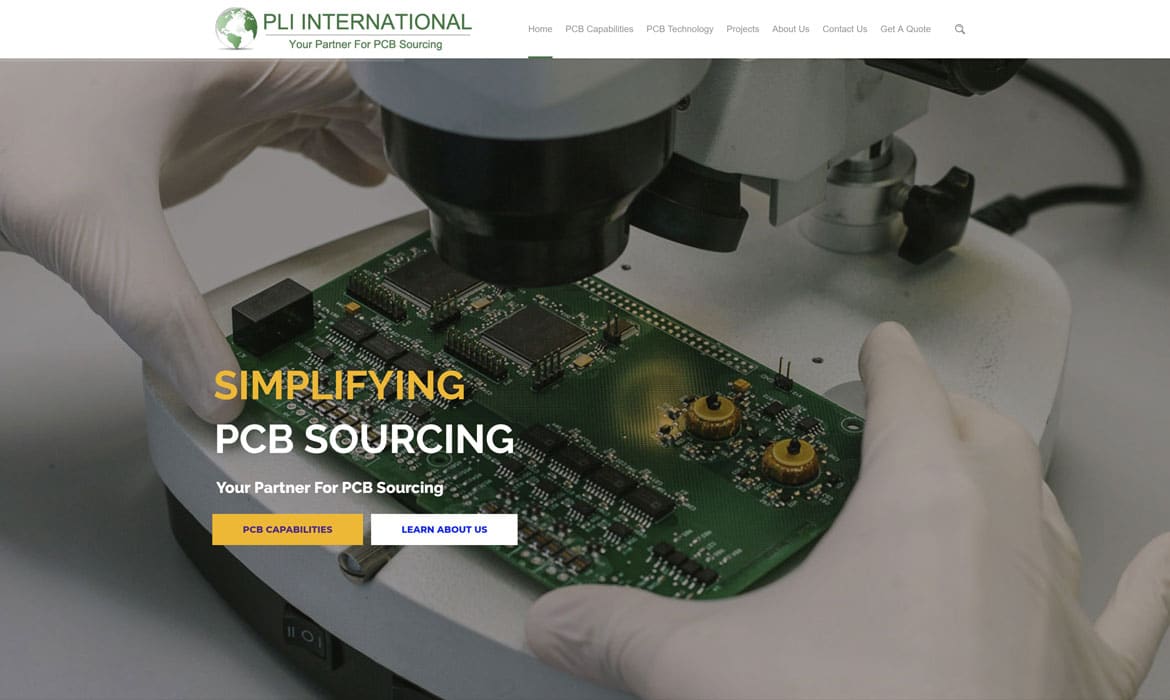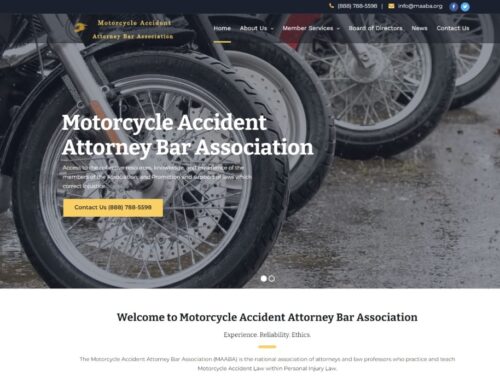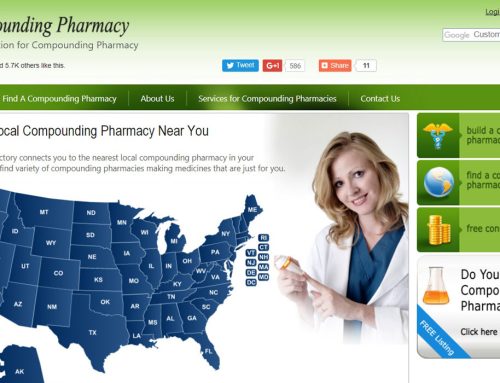B2B Website and Marketing
Project Brief
ETAP is the global market and technology leader in modeling, design, analysis, optimization, monitoring, control, and automation software for electrical power systems.
The company has been powering success for over 30 years by providing the most comprehensive and widely-used enterprise solution for the generation, transmission, distribution, industrial, transportation, and low-voltage power systems.
The Challenge
ETAP started using a new content management system for its new website. The search engine position report indicated a quick drop of important keywords in Google and other search engines.
The Solution
ETAP’s website started to re-position all the lost keywords in natural positions in Google. The cost of paid advertising was reduced due to new positions at Google. Search Engine Projects has been training the marketing team regularly and provides reports and action plans to prevent future position loss in search engines such as Google, Yahoo, and Bing.
Looking For The Best B2B Marketing Agency, Search Engine Projects is Here
Did you know that in 1994, the first-ever digital ad was a small, clickable rectangle purchased by AT&T on Hotwired.com? This point in history would grab potential consumers’ attention with what we know today as digital marketing.
What is the point of digital marketing?
The main goal of digital marketing is to promote your product or services.
Whether you are a small business owner or a large corporation with multiple offices worldwide, digital marketing is the way to go forward when looking to expand your business online.
The digital marketing strategy principles are the same for all tactics and can be modified based on businesses’ size, types (B2C, BEB), and geolocation factors.
What might work for someone else may not work for you!
Therefore, it is essential to customize the digital marketing strategies that fit your business needs.
Before going into the tactics, let’s discuss a bit about the main components of digital marketing and how these marketing pillars are essential for your new strategy:
- Search Engine Optimization (SEO) – SEO is the process of organically ranking your website to increase visibility to people.
- Content Marketing – Creation of unique content to reach, inform, and attract your target audience.
- Email Marketing – Using email (e.g., Gmail or Yahoo Mail) as a medium to market your business.
- Social Media Marketing – Using social media platforms like Facebook, Instagram, and LinkedIn to promote your products or services.
- Search Engine Marketing – The only difference between SEO and SEM is their organic and inorganic approach. SEO can be done for free, whereas SEM requires money. (e.g., Paid Search, Sponsored Ads, etc.)
- Mobile Marketing – Promoting products or services through text messages, pop-ups, in-app purchases, etc.
- Web Analytics – Even if it’s not directly associated with the digital marketing process, tracking and analyzing website data is crucial for a business’s success.
Now that we know the fundamental basics of digital marketing objectives let’s delve deeper into the steps involved in the digital marketing process and how it can benefit your business.
Digital Marketing Process: A Step-by-Step Guide
1. Research
Market research is essential in determining behavior and understanding the needs and preferences of customers. Similarly, to kickstart your digital marketing journey, digital marketing research will be vital to your business’s success.
Some key areas where you need to conduct research:
- The type of business
- On the particular niche
- On the target audience
- About the product/service the business is offering
- On the market competitors
Note: It will be a bonus to get a SWOT analysis (Strength, Weakness, Opportunity, Threat) of the business done, as it allows you to identify factors that could affect the future performance of the business.
2. Create
Once you’ve cleared primary your basic research, it’s time for practical application. Here’s how to start:
Digital Marketing Goals
A digital marketing goal is a milestone you want to reach at the end of your digital marketing journey. With a predetermined plan, you can. Campaigns perform differently for different businesses. The best way to figure out your goal is through experimentation.
Digital Marketing Strategy
Now that you have that, it is time to create solid strategies. A few areas that require cut-out strategies are:
- Content Creation
- Brand Promotion
- Market Positioning
- Funnels
- Public Relations
This is where the research stage is interlinked. After creating some strategies, you’ll have to go back to research to check out the validation of some of the strategies.
Digital Marketing Plan
This is the stage where you present a blueprint of the digital marketing process. The more detailed it is, the more ready you are.
Digital Marketing Outreach
Finally, your digital marketing identity can be categorized into these four components:
- Website
- Your blog
- Mobile app
- Social Media Handles (Newest Member)
The more digital identities you have, the more credible your business looks.
3. Promote
After creating all your digital marketing identities comes the stage where the real action starts. You have to promote all your content through various means to generate relevant traffic for your business. Both organic and inorganic traffic are essential since they should be your top priority.
Every business is unique, and to get results, you need to understand what sort of promotion will best work for you with the LinkedIn budget. For example, suppose you have a company that provides B2B services, like commercial HVAC.
Some of the ways you can promote your business are through:
- Search Engine
- Social Media
- Display Network
- Affiliate websites
- Mobile Marketing
- E-commerce portals
4. Analyze
Along with promotion, analyzing all the actions and the response is equally essential for your business’s growth. You have to constantly monitor the performance of your digital marketing campaigns and figure out the loopholes.
We highly recommend Google Analytics to analyze your business’s performance since 92% of Internet users use Google browsers.
These are some of the main factors analyzed in Google Analytics:
- Where Do Your New Users Come From?
- What Are Your Top Campaigns?
- Where Are Your Users Visiting From?
- How Are Active Users Trending?
- How Well Do You Retain Your Users?
- Which Pages And Screens Get The Most Views?
5. Optimize
This is the final stage of your digital marketing process. The optimization stage never ends. It is all about how you can constantly make minor but significant changes to your digital marketing campaigns so that you can notice your business grow over Now, Editing your website content, changing the website layout, optimizing email templates, revisiting keyword placement, etc., are areas where you can experiment and see what works best for you.
After successfully implementing all the stages of the digital marketing process, it’s time for some respite, and the only way to get that is through automated marketing. Tons of marketing automation platforms guarantee automated lead generation.
So, what are you waiting for? Get started with your digital marketing process journey ASAP!
